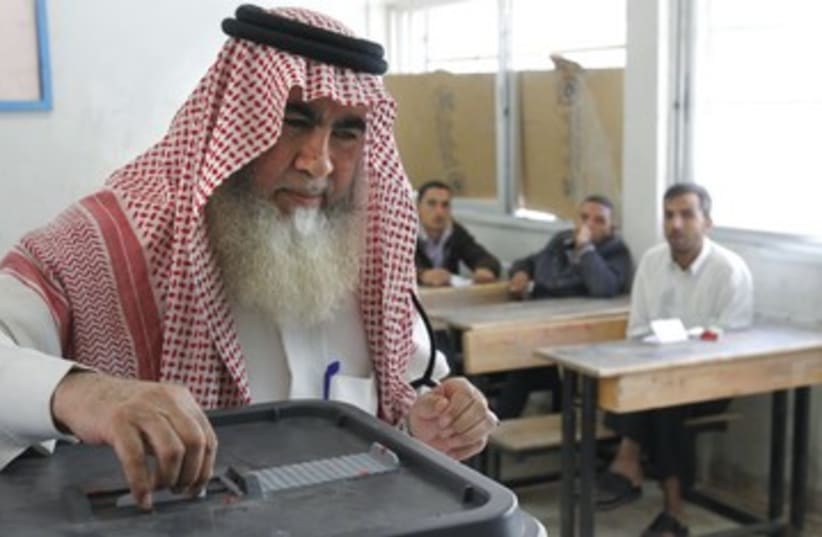Mudar Zahran is a Palestinian-Jordanian writer who resides in the UK.
A Palestinian spring for Jordan?
Jordan's King Abdullah is worried about the Arab Spring making its way to his doorstep.

Mudar Zahran is a Palestinian-Jordanian writer who resides in the UK.